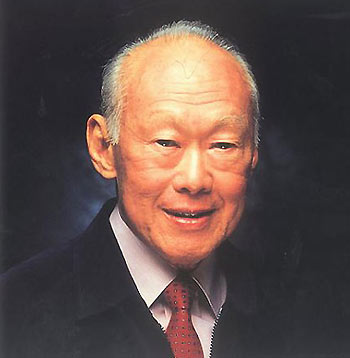The article chronicles the ways in which nationalist movements and feminism interacted with one another in several Southeast Asian countries. The short and short of it is this: feminism was initially used by progressive groups, who later abandoned it once they were able to achieve power. It then discusses examples of the airline industry exploiting the images of Asian women being as stereotypically willing to serve and please men.
In Singapore, for example, legislators passed the Woman's Charter, which defined women in their relationship to their husbands and children, which is not the way women should be defined, since not all women want to marry or even want to marry men or want children. It wasn't a complete fail, since it did enfranchise them in some ways, but after the charter was passed, people no longer believed that women still had issues; they believed the problem had been "fixed." (This is also a problem around people in the U.S.)
There was also a brief mention of how feminism interacts with things like race and class. In 1983, the Singapore Prime Minister Lee Kuan Yew believed that educated women would mean that women would refuse to have children, and that in not doing so, there would not be enough children to maintain class and racial elites. This is a great example of how anti-feminist rhetoric is part of a larger status quo-maintaining power system that also oppresses through race and class. Yew wants to oppress women so that it's easier to oppress those who are not of high class and undesirable race. Oppression works on a wide variety of factors, and that disrupting one works to disrupt the others.
The article mentions a lot of women leaders who I am unfamiliar with. Being the research junkie that I am, I tried to look some of them up. Many of these women don't have Wikipedia articles (even tiny ones). Sometimes if you search for them you can find small bits and pieces on the web, but it's very frustrating.
For example: Aishah Ghani was the first president of AWAS, a political party in Malaysia, and later on the president of UMNO's second women's wing, according to the article. I was able to find that she has a memoir, which went onto that long list of books I want to read. There are non-English Wikipedia pages and webpages on her that I was able to translate, which are helpful and illuminating, but I wish this kind of information was available in English, because it's certain Americans who need access to information like this on other countries, because we're so famously ignorant on events outside the United States. Also, it strikes me as an oversight of Wikipedia.
 It was even harder to find information on Sakinah Junid. I couldn't find any Wikipedia articles on her, not even the non-English kind. Junid was the president of the Parti Islam's women section. I found a book that mentioned her and what may be her own blog.
It was even harder to find information on Sakinah Junid. I couldn't find any Wikipedia articles on her, not even the non-English kind. Junid was the president of the Parti Islam's women section. I found a book that mentioned her and what may be her own blog. I was happy that someone has some info listed on Shamsiah Fakeh: she was the second president of AWAS, she was exiled from Malaysia, she has a memoir published in Chinese, she died in 2008.
I also love that Heng uses the word "fantasmatic," which is one of those great words that people don't use enough. She also uses the words "exegetes," which is someone who interprets a text, and "techne," which is a Greek word meaning someone who produces art with a particular goal in mind. Great words like that often make me want to write poetry.

No comments:
Post a Comment